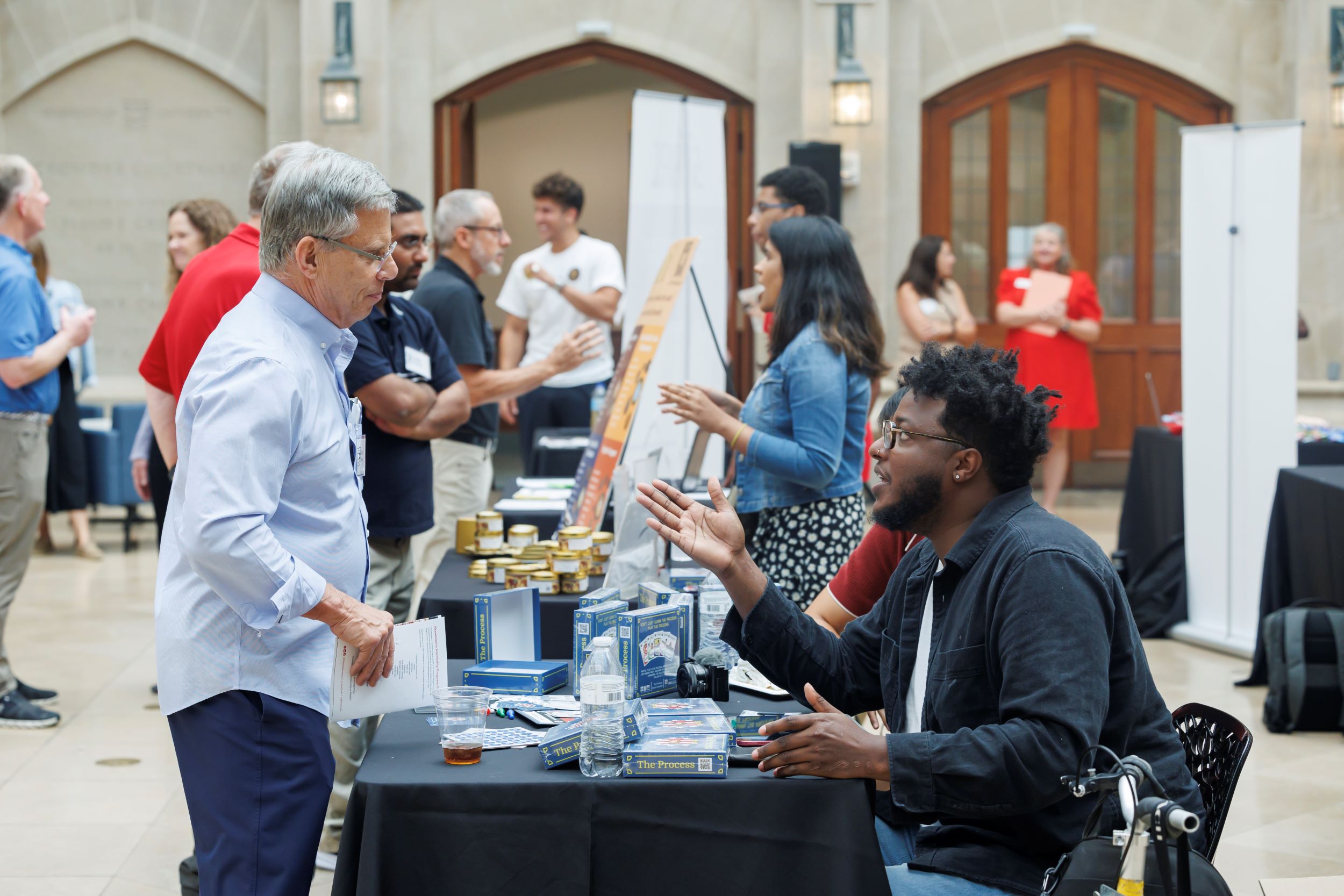Summary:
Flawed U.S. immigration policies drive a reverse brain drain to India.
Returnee entrepreneurs like Sachin Bansal and Bhavish Aggarwal are shaping India's future.
Research shows returnees have superior skills and networks, but face significant challenges.
A supportive entrepreneurial ecosystem is crucial for returnee success.
India must address systemic challenges to maximize the potential of its 35 million global diaspora.
America's Immigration Policies and India's Rise
America's flawed immigration policies have inadvertently harmed its own competitiveness, locking out the very talent that historically contributed to its economic and technological dominance. This has triggered a reverse brain drain, transforming India into a global innovation powerhouse while eroding America's leadership in entrepreneurship.
Notable Returnee Entrepreneurs
Indian entrepreneurs who have returned from abroad are leading this transformation. For instance:
- Sachin and Binny Bansal, former Amazon employees, co-founded Flipkart.
- Bhavish Aggarwal, after his stint at Microsoft, created Ola, which has expanded into electric vehicles and AI.
- Naveen Tewari, a Harvard graduate, launched InMobi, a mobile advertising platform.
- Deepinder Goyal, after working at Bain & Company, founded Zomato.
These returnees have not only built successful companies but also created ecosystems that drive innovation and generate jobs, redefining India's role in the global economy.
Research Insights
Recent research conducted by a team including M H Bala Subrahmanya from IISc and others surveyed 54 returnee entrepreneurs and 55 domestic entrepreneurs in Bengaluru's tech ecosystem. The study reveals:
- Returnees typically spent six years in developed countries, acquiring valuable education, work experience, and international networks.
- They possess superior technological expertise, extensive networks, and greater financial resources, enabling them to identify entrepreneurial opportunities and introduce radically innovative products.
Challenges Faced by Returnees
Despite their advantages, returnees face significant challenges:
- Many struggle with the 'liability of foreignness', having been away from local markets for too long.
- They often lack familiarity with cultural norms and face bureaucratic hurdles, which can hinder their ability to exploit opportunities effectively.
- Over 48% of returnees were novice entrepreneurs, compared to 34% of their domestic counterparts.
The Need for Supportive Ecosystems
The study emphasizes the importance of a robust entrepreneurial ecosystem. Without such support, even the most talented returnees may fail to realize their potential. To maximize the benefits of its vast diaspora, India must address systemic challenges and create a more business-friendly environment.
Recommendations for Policymakers
Subrahmanya suggests urgent interventions, including:
- Establishing dedicated returnee facilitation cells to help navigate bureaucratic processes.
- Providing financial and technical support through grants and incubators.
- Fostering greater integration into domestic networks.
Conclusion
By leveraging both international and domestic social capital, returnees can overcome initial hurdles and introduce innovative products. India has a unique opportunity to redefine its status as a global innovation powerhouse by welcoming back its diaspora and harnessing their ambitions for national progress.




Comments